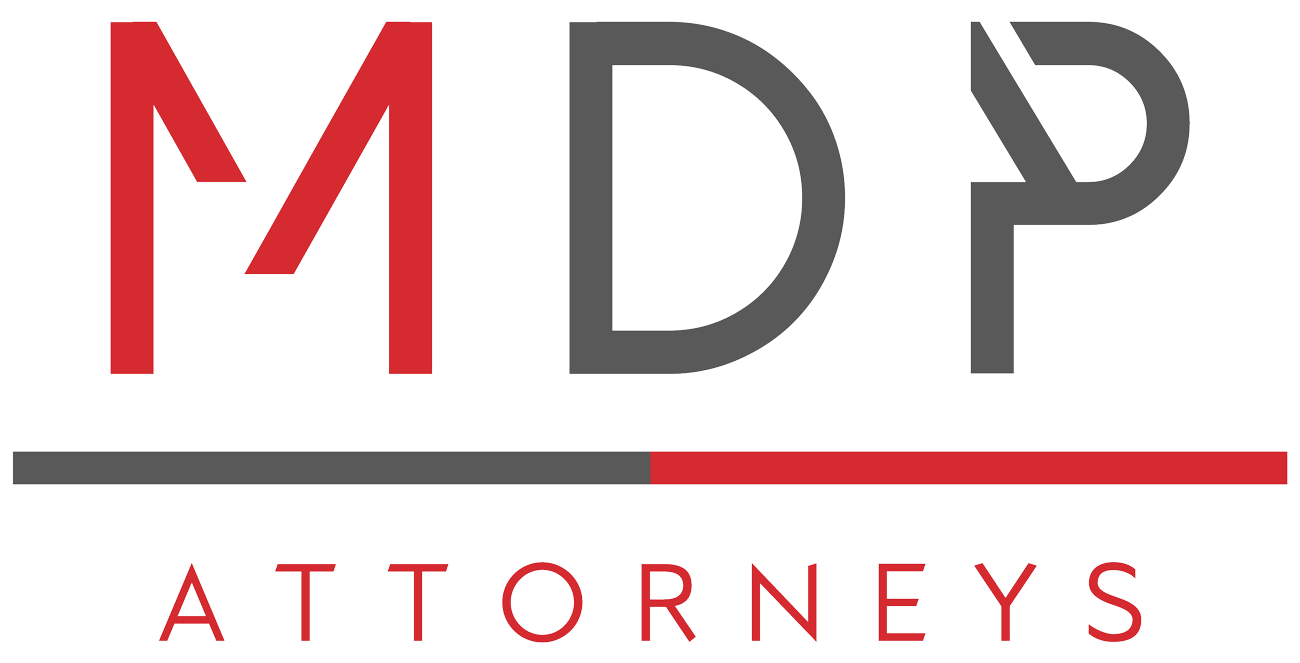Every consumer has probably at one point or another come across a clause in an agreement referring to party and party, attorney and client or attorney and own client costs. Unfortunately, many consumers are blissfully unaware of the consequences and true meaning of this clause and simply do not bother to ask.
When a client is successful with a civil action or application the court usually awards costs to the successful litigant. These costs will have to be paid by the unsuccessful litigant and unless specifically stated otherwise, will be on party and party tariff. Without going into explicit detail, party and party legal costs entails those costs (fees and disbursements), charged on the scale as determined by the applicable court’s rules, which are undoubtedly necessary to pursue a matter to finality.
Under some circumstances such as when the court makes a punitive cost order the court may order that costs be paid on the scale as between attorney and client. This tariff scale will include not only the absolutely necessary costs to pursue the matter to finality but also other costs which might be useful and appropriate to promote the successful party’s case, although such costs might not always be deemed as necessary. Attorney and own client tariff is however still charged in line with the prescribed tariffs of the applicable court’s rules.
When a client approaches an attorney the applicable tariff charged by the attorney will usually be the tariff referred to as attorney and own client tariff. This tariff will usually be a raised tariff which is not charged in line with the prescribed tariffs of the rules of the applicable court and further entails all costs incurred by to pursue the matter to finality, on the raised tariff, charged in a manner agreed upon between attorney and client.
Before a cost account can be enforced, the account will first have to be taxed (unless specifically agreed upon otherwise) by the taxing master of the applicable court. We will however deal with taxation in a separate future article.
To conclude it is of the utmost importance to carefully study the tariff applicable to an agreement before signing same as the applicable rate at which a defaulter is charged can hold pose a major financial risk to the defaulter.
